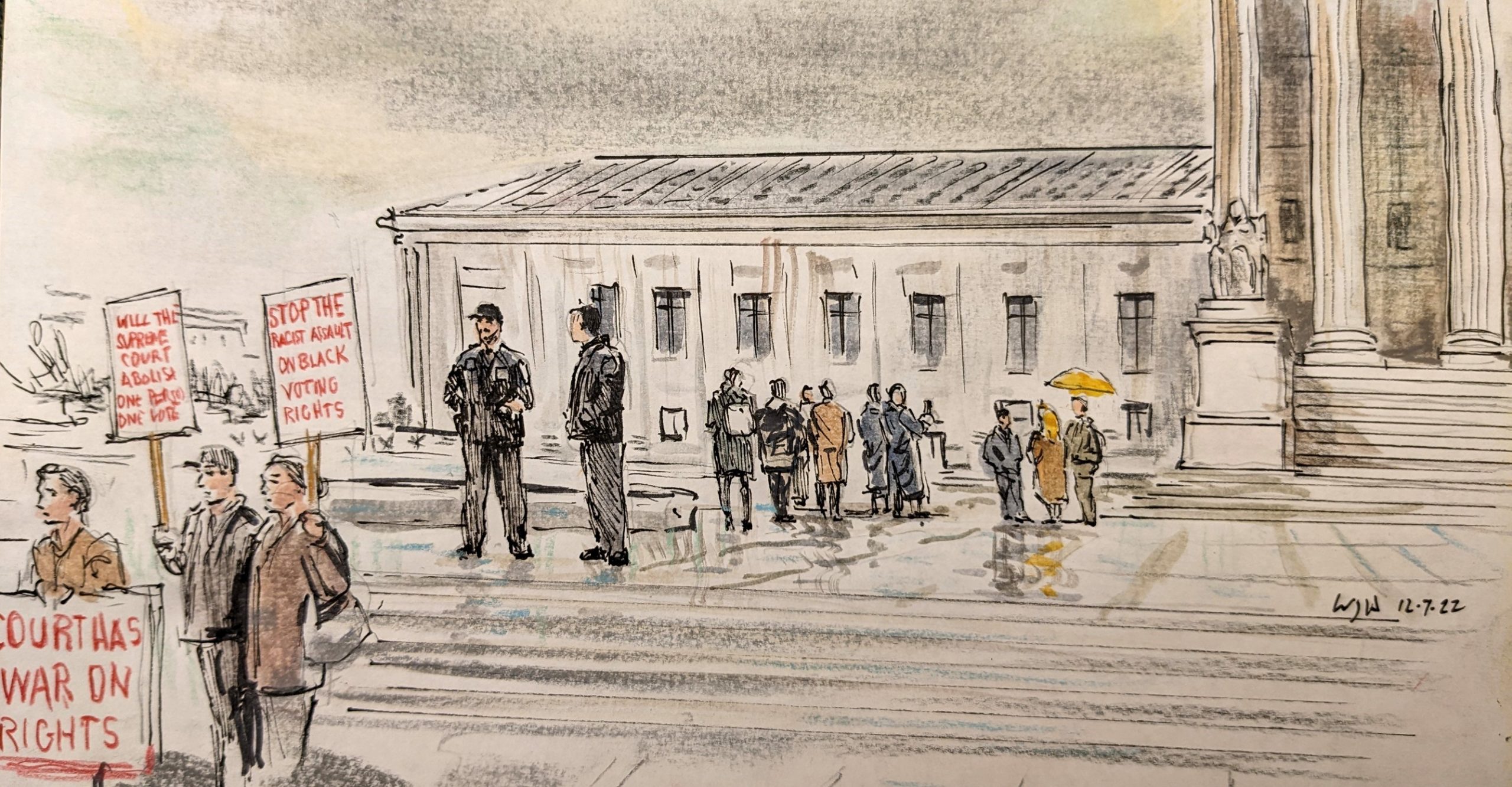No Reduction of Alimony for Paying Adult Son’s Car Payment
Tennessee alimony divorce case summary.
Laurel Martin Griffin v. Kevin Michael Griffin
Tennessee alimony modification case summary
The husband in this Williamson County, Tennessee, case brought an appeal to the Tennessee Court of Appeals after his divorce. The lower court’s decision was affirmed in most respects, but the alimony and child support awards were vacated, since the lower court had not made sufficient findings of fact regarding his ability to pay.
After remand, the parties were able to agree to the child support amount, but the alimony remained disputed. The parties agreed that the husband’s gross monthly income was $20,725 per month, with a net pay of $16,786.25.
The trial court then made determinations as to the reasonableness of his expenses, and it held that expenses related to the adult son were not to be considered. It also noted that it had no confidence in his estimates as to food and other expenses, and these amounts were reduced.
It also found that the husband’s decision to remain in the marital residence was not reasonable, and the expense associated with that decision was not taken into consideration.
After the lower court recalculated the expenses, it ordered the husband to pay $6000 per month in alimony in futuro. The husband then brought a second appeal.
The appeals court first noted that trial courts have broad discretion when it comes to alimony. It then noted that it reviewed the lower court’s fact findings de novo, but with a presumption of correctness. It first looked at the expenses related to the adult son, which included insurance and a car payment. The husband argued that the car loan was a marital debt for which he was responsible, but the trial court had noted that the husband could pay off this loan from his assets. The appeals court agreed. It noted that even though the husband was legally responsible, it was reasonable to expect that the son would make these payments if he expected to keep the car. If the son failed to make the payments, there was nothing stopping the husband from selling the car and paying off the loan.
The appeals court did agree that a portion of the health insurance payments should be taken into consideration, since the son was included on the husband’s plan.
As to the other expenses, the trial court analyzed the lower court’s rationale and agreed with it.
The husband also argued that he had an inability to pay. But since many of the expenses were held to be discretionary, the appeals court rejected this argument.
Both parties requested attorney’s fees for the appeal, but these requests were denied. For these reasons, the Court of Appeals affirmed the lower court’s ruling. The appellate decision was authored by Judge W. Neal McBrayer.
No. M2021-00173-COA-R3-CV (Tenn. Ct. App. Oct. 27, 2022).
See original opinion for exact language. Legal citations omitted.
To learn more, see Alimony Law in Tennessee, and our video, How is alimony decided in Tennessee?






